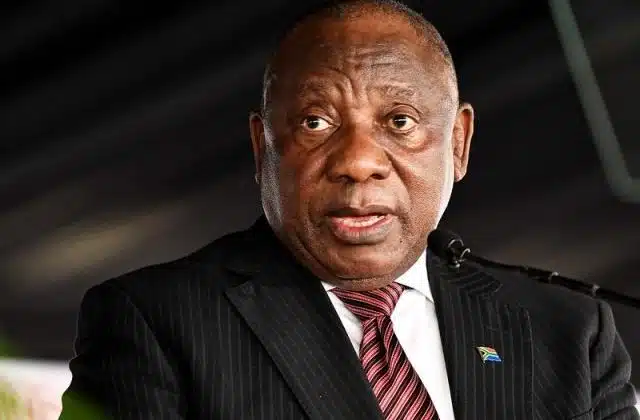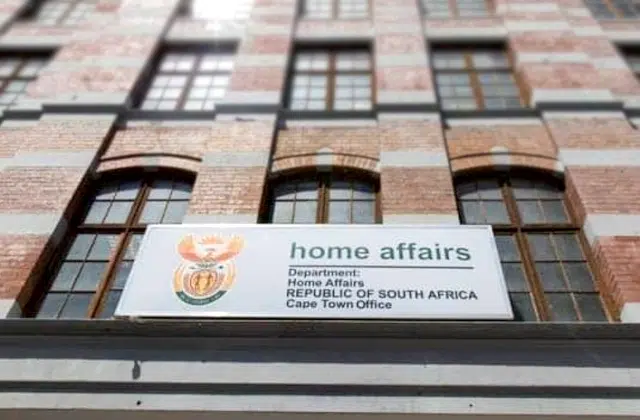
Why government won’t lift South Africa’s lockdown and state of disaster: Ramaphosa
President Cyril Ramaphosa states that he is reluctant to raise South Africa’s nationwide state of catastrophe as the federal government might require to depend on the legislation in the coming months.
Ramaphosa informed TimesLive that the federal government depended on the legislation to react to prospective Covid-19 waves in South Africa moving forward.
” I want it might end today. I truly want we might state that the state of catastrophe has actually ended. We are assisted by science, the indications of the pandemic and the Ministerial Advisory Committee guides us in all this.
” There is worry and issue that there might be another wave. What if there is another wave and tomorrow I reveal that the state of catastrophe has ended? Then we need to go back to a state of catastrophe once again.”
The federal government stated a nationwide state of catastrophe under Section 27( 1) and Section 27( 2) of the Disaster Management Act on 15 March 2020 in reaction to the coronavirus pandemic.
While the nationwide state of catastrophe was initially set to lapse on 15 June 2020, the Act offers that it can be extended by the Cooperative Governance and Traditional Affairs minister by notification in the gazette for one month at a time prior to it lapses.
The federal government has actually depended on the guidelines to present and provide impact to lockdown constraints, which it has actually utilized to suppress the spread of the Covid-19 pandemic.
Nevertheless, it has actually likewise dealt with criticism for offering nationwide federal government comprehensive powers over the lives of residents, with nearly no limitations and little to no oversight from parliament.
On Sunday (12 September), Cooperative Governance and Traditional Affairs (Cogta) minister Nkosazana Dlamini-Zuma gazetted an extension of the nationwide state of catastrophe, which will see it continue up until 15 October 2021.
Lockdown
Ramaphosa is anticipated to reveal South Africa’s upgraded lockdown guidelines in the coming weeks, after relocating to an adjusted level 2 lockdown on 13 September.
Expert services firm PwC stated that it anticipates a transfer to level 1 lockdown from the start of October.
” The seriousness of the extended mid-year wave, and the accompanying strictness of associated lockdowns, is an essential motorist behind the nature of the financial healing, together with the effect of electrical energy load-shedding,” the group stated.
” All our circumstances consider a most likely 4th wave of infections– with differing seriousness, depending upon the situation– throughout the summertime vacations.”
Health minister Joe Phaahla stated recently that the federal government is thinking about the more easing of lockdown constraints. A few of the reduced limitations might consist of:
- An 00h00 night curfew;
- Alcohol would be permitted to be cost off-site usage on a Saturday;
- More pastime will be permitted to resume.



